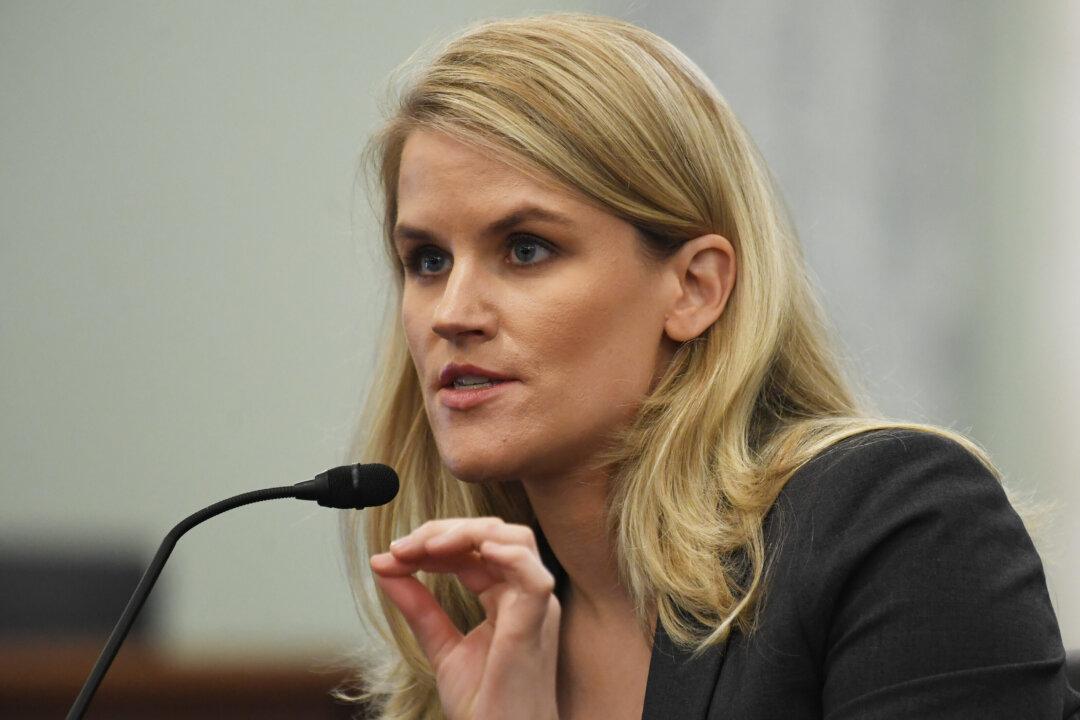The Senate heard testimony Tuesday from former Facebook employee Frances Haugen, who came before the Subcommittee on Consumer Protection, Product Safety, and Data Security to raise the alarm about practices in Facebook that she said demanded congressional action.
While there was broadly bipartisan consensus that regulations on the social media platform should be strengthened, Democrats and Republicans emphasized different concerns throughout the course of the hearing.





